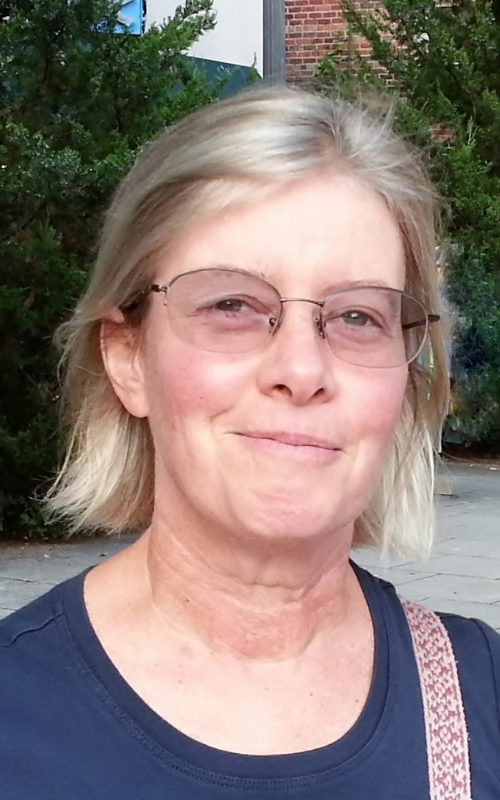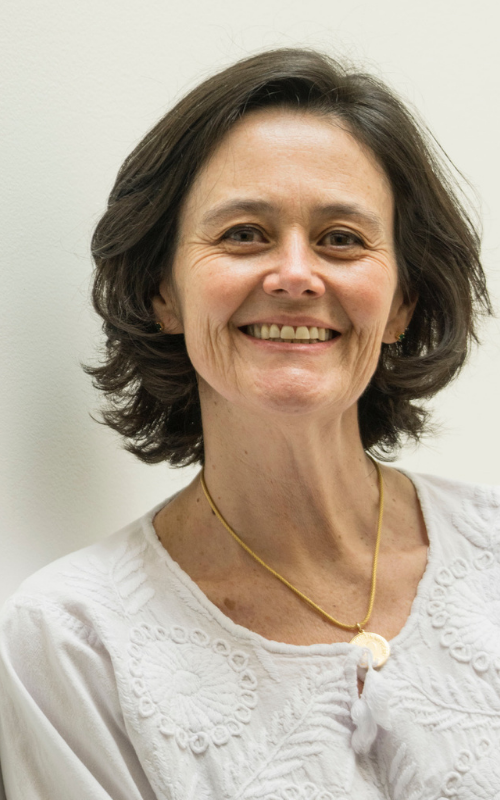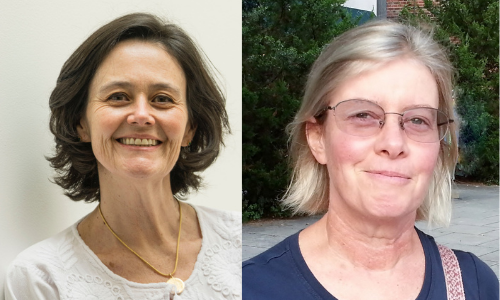We’re pleased to welcome two new members to the Coral Reef Alliance (CORAL) Board of Directors: Lauretta Burke and María José González.
We sat down with both of these inspiring conservationists to find out more about their goals for CORAL.
Q: Why do you feel so passionately about protecting coral reefs and what keeps you motivated to continue this work?
LB: Coral reefs are stunning, diverse, productive, and valuable ecosystems. They are also under siege from a wide range of threats and are often under-appreciated—not receiving the attention, investment, or protection they deserve. But despite some of the downward trends, there are encouraging signs and cause for hope. Our scientific understanding of coral reefs and coral resilience is increasing, improving the prospect of assisted adaptation to changing climate. Techniques for coral restoration are evolving and application is becoming more widespread. I have been truly inspired by the network of dedicated people—scientists, conservation professionals, and protected area managers—who collaborate to improve the outlook for the world’s coral reefs.
MJG: I’m originally a terrestrial biologist—we tend to look inland, and we don’t always look toward the sea. When I began learning about the Mesoamerican Reef, I realized the biodiversity and the wealth of life underwater—and it’s just amazing. The importance of the reef to local communities in terms of protection and food security is something that I really want to support. I feel blessed to be able to work for the MAR Fund and now to be able to work with CORAL—I’ve partnered a lot with CORAL over the years and I’ve really enjoyed learning from the team.
Q: What motivated you to join CORAL’s board?
LB: I love the size and focus of CORAL. I feel small organizations are more dynamic and efficient. Coral reefs are not just one of the topics—saving the world’s coral reefs is the organization’s mission! Over the past twenty years, I have collaborated with CORAL staff on several projects, and have always been impressed by the dedication and effectiveness of staff. Our interests are closely aligned—clean water, understanding the science of adaptation, and understanding how local and global threats interact. I am excited to engage more deeply on these issues.
MJG: I truly admire the work that CORAL does—we’ve had a strong relationship over the years. I work at the MAR Fund, which is a private regional environmental fund. We operate in the entire Mesoamerican region, and we support the establishment of partnerships and alliances to conserve the Mesoamerican Reef. CORAL participates in some of our networks—we sit together at tables to discuss different topics, we fundraise together, and sometimes we co-fund partners that are conducting critical activities in the region. When CORAL first asked me if I wanted to join the Board, I knew it was a fantastic opportunity. CORAL is a great organization, and I’m just hoping to be able to help at that next level and see what we can do together.
Q: What about CORAL’s mission and approach speaks to you the most?
LB: I like CORAL’s emphasis on collaboration and working with local communities. I appreciate their long-term commitment to places—rather than just moving across project sites for short-term interventions. In addition, CORAL has a strong emphasis on science and using that information locally. Their approach of keeping corals healthy so they can adapt to climate change is a good example. CORAL understands global issues but develops sensible solutions suitable for the local context. These two aspects are vital to long-term success.
MJG: CORAL has a big mission—it’s taking on saving the world’s coral reefs. That’s huge. It’s great whenever an organization can clearly articulate their target goal, and simultaneously recognize that they can’t do it alone. That’s what I like about CORAL. We too often see silos in this field, and you can’t get results that way. I think partnerships are the only way to work effectively, and CORAL is really good at building those partnerships.
Q: What are you excited to help CORAL achieve as a member of the board?
LB: I am particularly interested in the program side of CORAL—the current projects and plans for future efforts, including scaling of solutions. CORAL’s approach to saving coral reefs is ambitious, and includes many complex, interesting spatial questions. I am analytical and like getting deep into details. I have a lot of experience building partnerships, developing integrative spatial analyses, designing proxy indicators, and communicating complex results. I am hoping that my experience will contribute a useful perspective.
MJG: I want to learn more about the science behind CORAL’s approach of building networks of healthy reefs so that corals can adapt to climate change. I want to help them build the alliances and make the connections they need in the region where I work to be successful with their approach. Through the work I do, I can advance the work that CORAL is doing. Ultimately, I want to think about how we can link different geographies to get the work done and save coral reefs.

ABOUT LAURETTA BURKE AND MARÍA JOSÉ GONZÁLEZ
Lauretta Burke is a geographer within the Sustainable Ocean Initiative at World Resources Institute (WRI), where she leads WRI’s efforts on coral reefs. She focuses on spatial analysis of local and global threats to coral reefs, economic valuation of the goods and services that coastal ecosystems provide to people, and improved access to data for decision-making relevant to coral reefs. Burke led the Reefs at Risk project series—a broad collaboration to model local and climate-related threats to the world’s coral reefs. She also works on climate resilience—helping coastal areas prepare for future climates. Her work on economic valuation includes national and regional valuations of the tourism, fisheries and shoreline protection services provided by coral reefs and mangroves in the Caribbean. Burke grew up in coastal Brooklyn, New York, and has always been drawn to the sea. She has an M.A. in Geography from UC Santa Barbara and currently lives in Washington, D.C. Burke began diving in 1998, doing her checkout dives on the Great Barrier Reef.

María José González is the Executive Director of the Mesoamerican Reef Fund (MAR Fund)—an environmental fund established in 2005 to support conservation, restoration, and sustainable use of resources in the Mesoamerican Reef ecoregion, shared by México, Belize, Guatemala, and Honduras. She has contributed to the capitalization of its $30.5M endowment fund and to mobilizing over $28M for projects in the region. González is a biologist from the Del Valle University of Guatemala with a Master’s degree in Wildlife Management. She served as an advisor to the National Council for Protected Areas (CONAP) where she worked on several wildlife regulations, including the first Red Lists for vertebrates in Guatemala. After CONAP, she worked as Executive Director of the Fundación Interamericana de Investigación Tropical (FIIT), while also serving as a research fellow for the Wildlife Conservation Society Vertebrate Ecology Project in Tikal National Park, Guatemala. María José served as Executive Director of the Fundación para la Conservación de los Recursos Naturales y Ambiente en Guatemala (FCG) from 1996-2004. She participated in the design and establishment of the Latin American and Caribbean Network of Environmental Funds (RedLAC), and served on the RedLAC Executive Committee twice.
